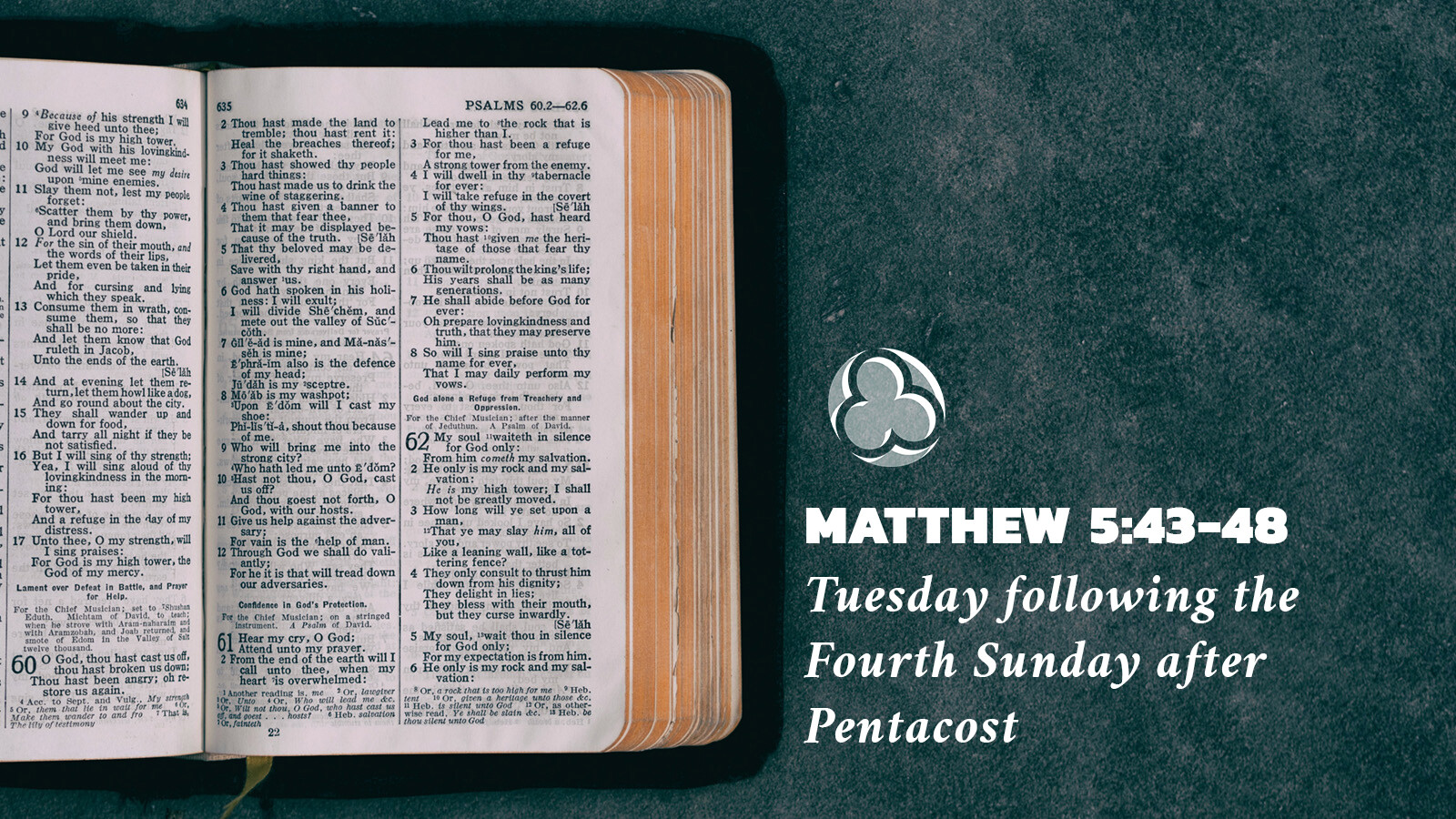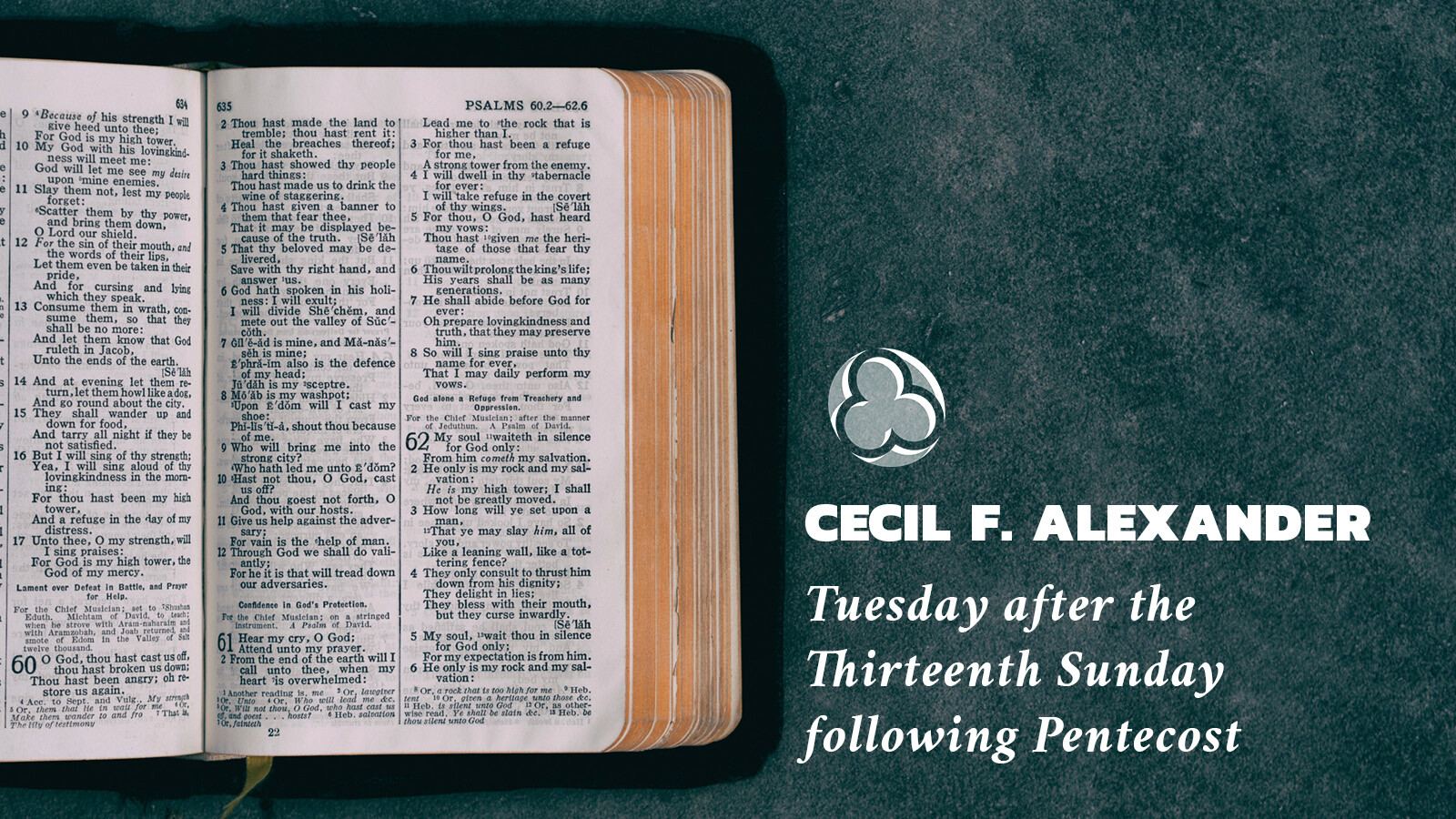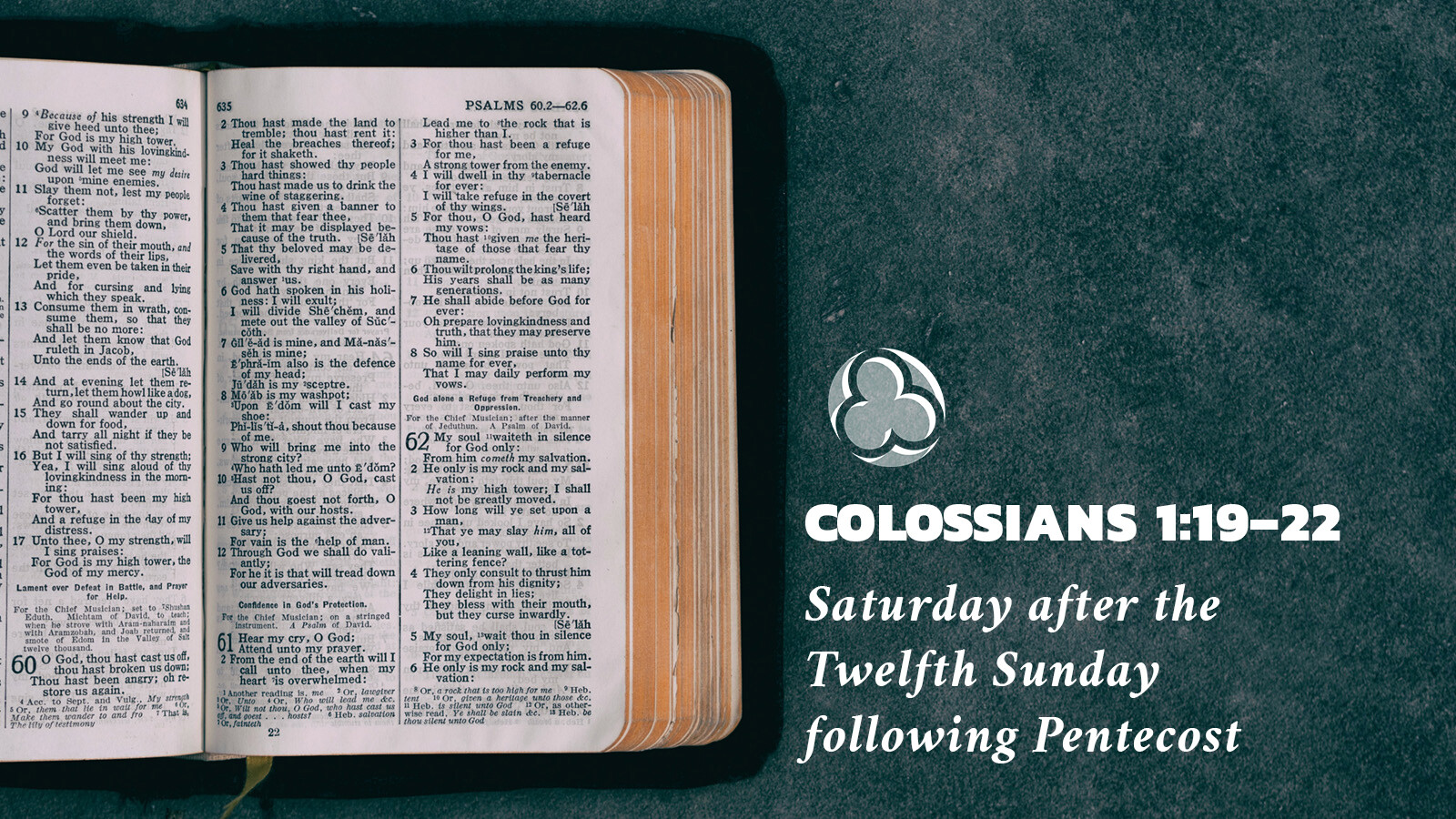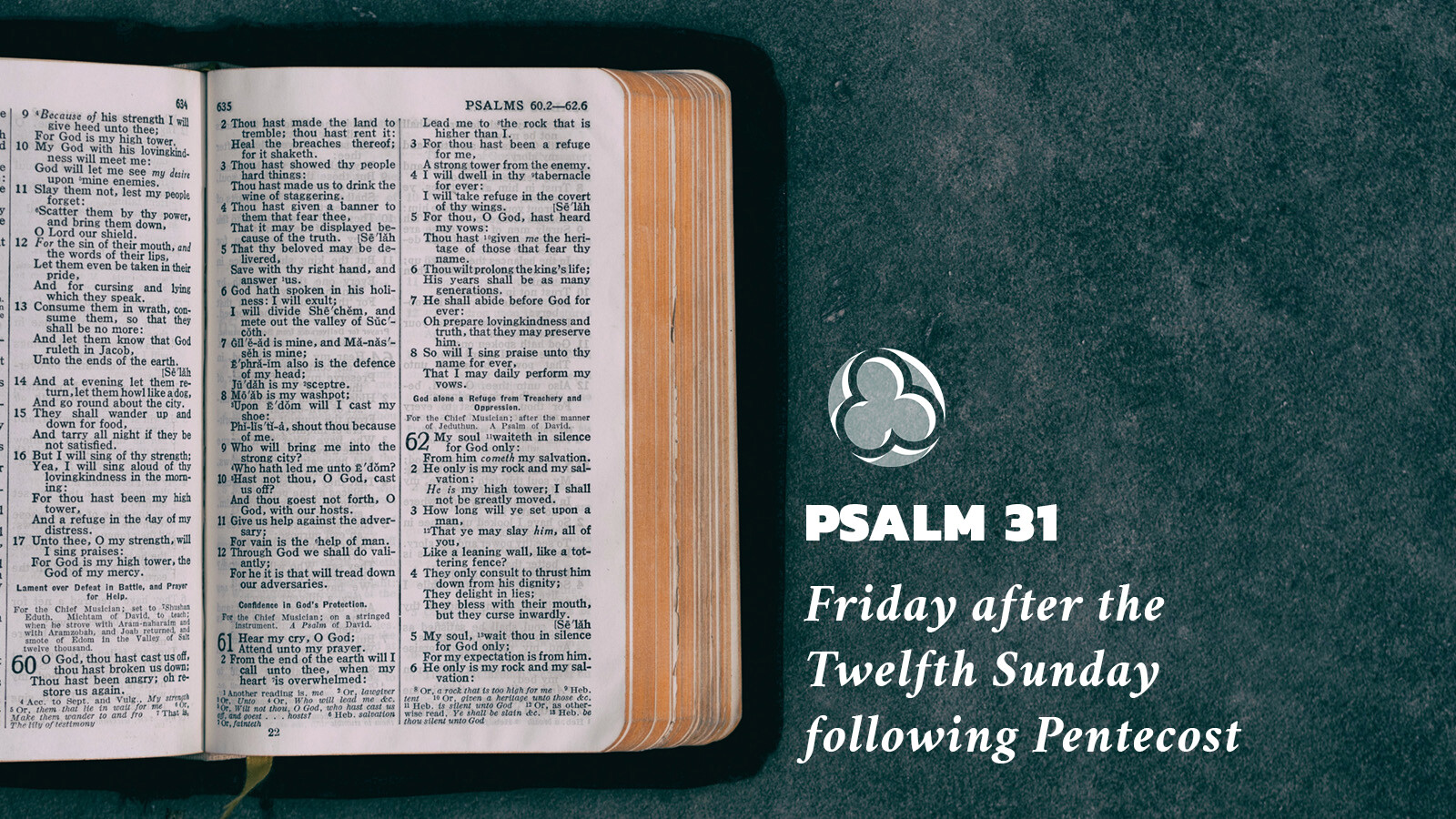
You have heard that it was said, “You shall love your neighbor and hate your enemy.” But I say to you, Love your enemies and pray for those who persecute you, so that you may be children of your Father in heaven; for he makes his sun rise on the evil and on the good, and sends rain on the righteous and on the unrighteous. For if you love those who love you, what reward do you have? Do not even the tax-collectors do the same? And if you greet only your brothers and sisters, what more are you doing than others? Do not even the Gentiles do the same? Be perfect, therefore, as your heavenly Father is perfect.
-Matthew 5:43-48
The doorbell rang. He was an older guy, looked really bedraggled and miserable. He hadn’t been by our house before. I’ll call him Jesse. He said he was hungry. He was sitting on the porch and I didn’t want to appear rude, so as I went into the kitchen to fix him a sandwich and ice water I didn’t close the door on him. I gave him his lunch and wished him well. He said thanks and left. About two hours later I went back to the front of the house to get my wallet that I’d left on the front table near the door with two $20 bills on top of it. They were gone. We searched all over for it. I canceled credit cards and got a new driver’s license. Yesterday a Tulane University cop returned it totally intact…. except for the cash. Someone had found it in their yard.
“..... You shall love your neighbor and hate your enemy.’ But I say to you, Love your enemies and pray for those who persecute you,” (Matthew 5:43, 44)
I can’t prove that Jesse took my wallet and the cash, but he’s the only logical suspect. How do I think about him, given Jesus’ admonition? Is he my enemy? Did he persecute me? I am really angry about what happened. I certainly won’t leave the door open another time. And if he comes to our house again, I’ll ask him about my wallet and the cash. But would I make him another sandwich? Would I be rude to him? Do I pray for him? Harrumph!
Someone lifting my wallet is small potatoes. I have others who could be enemies or persecutors: people who are rude to me; a family member behaving hatefully toward another…nations waging genocidal war on other nations…groups driving division within our country.
Jesus, I find it extremely difficult to pray for someone who steals from me, who doesn’t respect me, who has unhinged the stability of my family, who is destroying world peace, who is dividing our country.
It is difficult for me to continue to pray for my enemies or persecutors. How can I pray for them? “Well,” I hear Jesus say, “How can you not pray for them? Don’t pray that they are successful in their hate campaign. But pray that they will change … and begin to live in a loving way.” Jesus continues: “For if you love those who love you, what reward do you have? Do not even the tax-collectors do the same? And if you greet only your brothers and sisters, what more are you doing than others?” (Matthew 5: 46, 47) When Jesus tells me to pray for someone He is not looking for empty words: He expects me to put my prayer-words into action.
Two spiritual leaders on opposing sides put their prayers into action in 1219, during the height of that bitter religious war between Muslims and Christians - the Crusades. Both sides were fighting each other to the death in the name of the same God. St. Francis of Assissi crossed enemy lines and met with the Muslim leader Sultan al-Malik al-Kamil of Egypt. Al-Kamil welcomed Francis, listened with respect, and ultimately responded with one of the greatest humanitarian acts in the history of warfare. Al-Kamil ruled for 20 more years; his reign was marked by fairness towards the Christians of Egypt. The fact that the Sultan of Egypt and a Catholic friar would have a respectful spiritual exchange during the Crusades is nothing short of miraculous.
Musical Reflection - Prayer of St. Francis - Robert Delgado Eau Claire College Choir
Lord, make me an instrument of your peace. Where there is hatred, let me sow love; where there is injury, pardon: where there is discord, union; where there is doubt, faith; where there is despair, hope, where there is darkness, light; where there is sadness, joy. Grant that I may not so much seek to console as to console; to be understood as to understand; to be loved as to love. For it is in giving that we receive; it is in pardoning that we are pardoned; and it is in dying that we are born to eternal life. Amen. -
A Prayer attributed to St. Francis. Book of Common Prayer p 833.






Login To Leave Comment